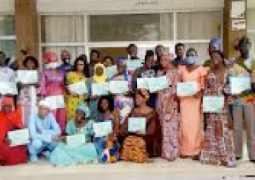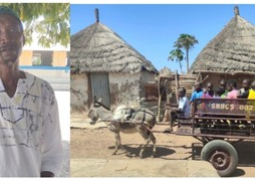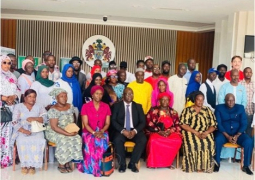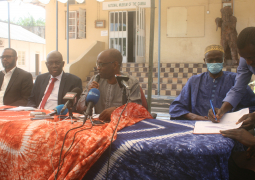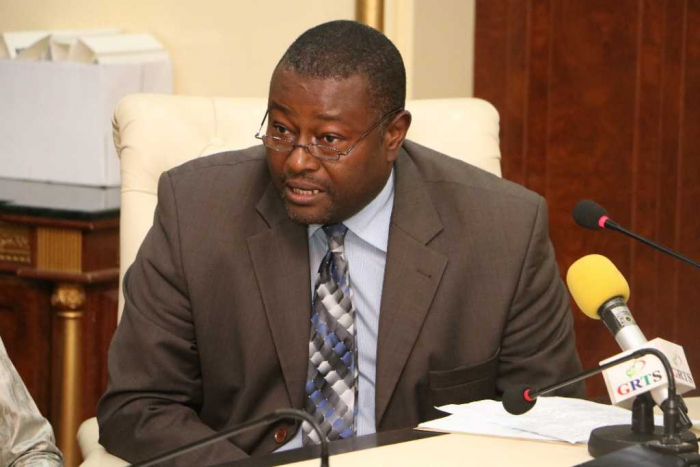
This call by the rights commission came years after an intense debate across the country, following the introduction of the new ECOWAS Identity Card, whose total transaction costs up to 500 dalasis.
"Section 26 and 39 of the 1997 Constitution protects political rights and the rights to vote and be registered respectively. To fulfill these rights, the Independent Electoral Commission oversaw successful voter registration, political campaign and elections in December 2021," NHRC stated in its 2021 State of Human Rights Report.
"The issuance of attestation proving Gambian nationality and citizenship by Alkalolu and the authority to do so culminated in accusations and the counter accusations between sympathizers of different political parties as they accused each other of using influence over the Alkalolu to register unqualified individuals to boost the numerical advantage of registered followers."
NHRC also observed that the authority of the Mayoress of Banjul to issue an attestation to potential voters was also questioned and eventually challenged before the courts.
“The court held that the Mayoress does not have the authority to issue attestations for voter registration. There were also instances where the NHRC observed that some individuals were denied registration because their Gambian nationality was not verified, thus raising the need for the government to work on regularising the naturalisation procedure for qualified individuals and issuing national documents to citizens.”
The Commission, however, stated that despite these underlining issues, the process were hailed for being fair, transparent and in-line with international standards.
The Commission has also asked government to enhance access to immigration services for citizens to acquire their required national documents and to also make the issuance of birth certificates compulsory upon birth at all health centres.
The NHRC has also thought it wise that The Gambia government should conduct adequate sensitisation on importance of birth registration, issuance of birth certificates, age for voter registration and citizenship requirements across the country, especially in rural communities.
“The International Covenant on Civil and Political Rights, which Gambia ratified in 1979, prohibits restrictions on freedom of expression on national security grounds unless they are provided by law, strictly construed, and necessary and proportionate to address a legitimate threat. Such laws cannot put the right itself in jeopardy.”
The sedition law, it observed, is a contentious law that civil liberties activists, human rights lawyers and journalists have questioned.
“The global movement has been overwhelmingly anti-sedition with different countries either easing the law or simply getting rid of it. Many democratic countries, including the United Kingdom, Ireland, Australia, Canada, Ghana, Nigeria and Uganda, have held sedition law as undemocratic, undesirable and unnecessary.”
The predominant argument for the abolition of sedition has been the protection of freedom of speech. The potential misuse of sedition laws to further political agendas is also a factor.
On July 27, 2001, Ghana’s parliament unanimously repealed the Criminal Libel and Seditious Laws, which had been used to incarcerate a number of journalists in the past. The repeal follows the passage of the Criminal Code (Repeal of the Criminal and Seditious Laws Amendment Bill) Act 2001 by a unanimous vote in the House.


